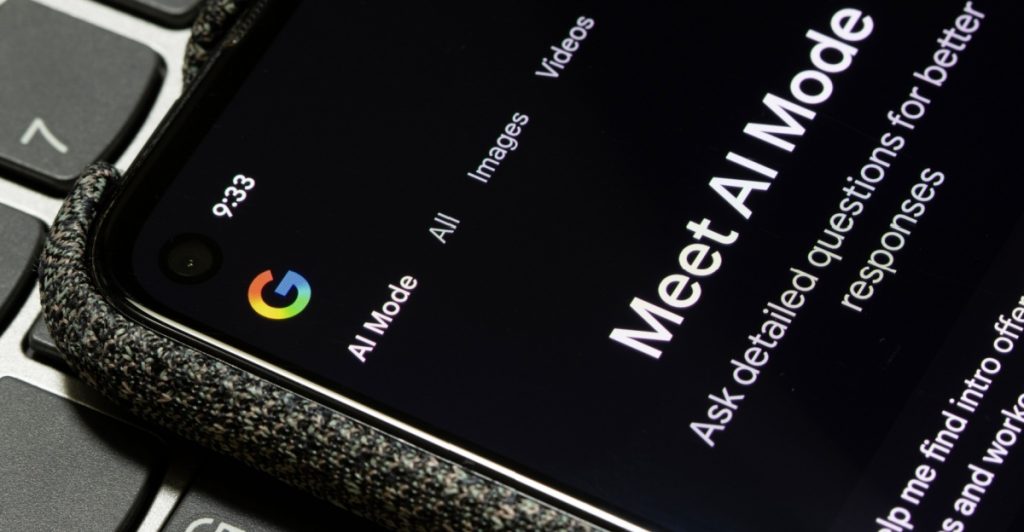A growing share of internet users is quietly breaking the most ingrained habit in modern computing: typing their questions into Google.
Others are reading now
A growing share of internet users is quietly breaking the most ingrained habit in modern computing: typing their questions into Google. From Gen Z turning to TikTok for tutorials to shoppers using ChatGPT as a first stop before buying something, the search landscape is splintering faster than at any point in two decades.
For many people, the change hasn’t been deliberate — it’s been practical. With AI tools and social platforms offering faster, more visual, or more conversational answers, Google is increasingly one option among many instead of the default.
Changing search habits
U.S. consumers now prefer AI chat interfaces over traditional search engines when shopping, according to McKinsey. Nearly half of Gen Z users say they begin searches on social apps rather than Google.
Analysts say this reflects a broader fracturing of online behavior. “Search behaviors distribute among a broader array of platforms aside from just Google,” Forrester’s Evelyn Mitchell-Wolf told Business Insider.
Google’s dominance persists — but in a narrower arena
Google still commands the traditional search market with about 90% global share, Cloudflare data shows. Its parent, Alphabet, recently posted a 15% year-over-year jump in search revenue to $56.6 billion for the quarter.
Also read
But those numbers capture only the conventional web — not the growing volume of queries happening on TikTok, Amazon, Reddit, Instagram, Pinterest, or AI chatbots. As the internet splinters into smaller communities and specialized apps, Google’s supremacy covers a shrinking portion of how people actually look for information.
That shift is also creating space for new search-focused startups, from fandom engine Lore to shopping-focused AI tools like Daydream.
Where people go now — and why it differs by task
Different kinds of searches now have different “homes,” often far from Google.
Food and travel planning have become heavily visual. People search TikTok or Instagram for recipes, kitchen tips, reviews, or travel recommendations because the videos show the process — not just describe it. TikTok has even added hotel-booking tools inside the app.
Similarly, Pinterest remains a top destination for design inspiration, with surges in searches for aesthetics like “vintage fall” driving trends across home décor and fashion. For buying specific products, Amazon and Walmart remain dominant.
Also read
AI chatbots, meanwhile, have carved out a role in creative problem-solving. Tools like ChatGPT or Claude can generate recipes, plan itineraries, draft emails, or narrow down shopping options with conversational prompts.
Privacy, trust, and the rise of peer-to-peer searching
A separate branch of users is shifting away from Google for privacy reasons. DuckDuckGo and Brave have grown among people wary of the data-collection model underpinning Google’s ad business.
Others are turning to real-people communities. The old habit of typing “Reddit” at the end of a Google query now reflects something larger: an appetite for human answers. Reddit says over 75 million people search directly on its platform each week, with top categories including tech, news, and personal finance.
The company has leaned into that momentum, launching Reddit Answers — a chatbot that synthesizes community responses — and reporting rising usage.
Alternatives for those ready to move on
For users who want a Google-like experience without Google, Bing remains the closest analogue. More experimental options include AI-powered browsers like OpenAI’s Atlas and Perplexity’s Comet, which can search conversationally or complete tasks using built-in agents.
Also read
Voice-driven AI search is also gaining traction. “It’s a lot less friction if you’re speaking to an AI assistant,” said EMARKETER’s Sky Canaves, adding that the answers are often richer than what you get from typing three or four keywords.
Google still dominates the old web — but the way people search is fragmenting. And increasingly, the most useful answer isn’t coming from a blue link but from a video, a chatbot, or a community.
Source: Business Insider, EMARKETER


